Manchester United
Manchester United, often simply referred to as “Man U” or “United,” is one of the most iconic and storied football clubs in the world. Founded in 1878 as Newton Heath LYR Football Club, the team has gone through numerous transformations and challenges to become a global football powerhouse. With a rich history, a fervent fan base, and a commitment to excellence, Manchester United’s journey is a remarkable one that spans over a century. In this article, we will delve into the captivating tale of Manchester United, from its inception to its ambitions for the future.
Early Days and Formation:
Manchester United’s origins can be traced back to the industrial heartlands of England. The club was formed as Newton Heath LYR (Lancashire and Yorkshire Railway) Football Club in 1878 by the Carriage and Wagon department of the Lancashire and Yorkshire Railway depot. The team wore green and gold jerseys, which later became emblematic of the club’s history.
The Name Change and The Munich Air Disaster:
In 1902, the club was rebranded as Manchester United, symbolizing the unity of the people of Manchester. The club’s early years in the Football League were unremarkable, but tragedy struck in 1958 when the Munich Air Disaster occurred. This tragic event resulted in the loss of several team members, including the “Busby Babes.” The club’s legendary manager, Sir Matt Busby, survived the crash and eventually rebuilt the team, epitomizing the indomitable spirit of Manchester United.
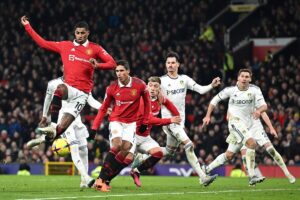
Sir Matt Busby Era and the “Holy Trinity”:
Under Sir Matt Busby’s management, Manchester United enjoyed a period of remarkable success. The “Busby Babes” era gave way to a new generation of football legends, including Sir Bobby Charlton, Denis Law, and George Best. This trio, known as the “Holy Trinity,” played a pivotal role in the club’s accomplishments in the 1960s.
The European Glory:
One of Manchester United’s crowning achievements came in 1968 when they won the European Cup, becoming the first English club to do so. This historic victory solidified the club’s status as a football powerhouse and earned them recognition across the continent.
Transition and Sir Alex Ferguson:
The late 20th century saw Manchester United undergo a period of transition. The club appointed Sir Alex Ferguson as manager in 1986, a decision that would define the modern era of Manchester United. Under Ferguson’s guidance, the team achieved unprecedented success, securing numerous Premier League titles and domestic cups.
The Class of ’92:
The “Class of ’92” was a group of talented homegrown players, including David Beckham, Paul Scholes, Ryan Giggs, Nicky Butt, and Gary Neville, who became integral to the club’s success under Sir Alex Ferguson. Their contributions solidified Manchester United’s dominance in the Premier League.
The Treble-Winning Season:
Manchester United’s most iconic season came in 1998-1999 when they clinched the historic treble, winning the Premier League, the FA Cup, and the UEFA Champions League in a single season. This remarkable feat made them the first English club to achieve such success.
Transition and Challenges:
After Sir Alex Ferguson’s retirement in 2013, Manchester United faced challenges in maintaining their previous level of dominance. Several managers tried to fill Ferguson’s shoes, but the transition proved to be a difficult period for the club.
Current Era and Ambitions:
In recent years, Manchester United has sought to rebuild and reclaim its position among Europe’s elite clubs. The appointment of Ole Gunnar Solskjaer as manager and strategic signings of young talents have provided a glimpse of a bright future. The club’s ambitions include adding to its Premier League and European success and continuing to nurture homegrown talents.
The Fans and The Old Trafford Experience:
The passion and dedication of Manchester United’s fans, often referred to as the “Red Devils,” are an integral part of the club’s identity. Old Trafford, the club’s historic stadium, is a shrine for football enthusiasts worldwide, known for its electrifying atmosphere on match days.
Iconic Players:
Manchester United has been home to some of the greatest footballers in history, including Eric Cantona, Cristiano Ronaldo, Ryan Giggs, George Best, and more. These players have left an indelible mark on the club and the sport.
The Global Reach:
Manchester United’s global appeal is unparalleled. With a massive fan base that spans continents, the club’s red jerseys are worn by supporters from Manchester to Mumbai. The brand’s commercial success and global reach have helped make it one of the wealthiest football clubs in the world.
Manchester United’s illustrious history is a testament to the enduring spirit of the club and its ability to adapt to changing times. From its humble beginnings as Newton Heath LYR to its lofty ambitions in the modern era, Manchester United’s journey is a captivating narrative of triumphs, trials, and iconic moments. The club continues to be a symbol of passion, excellence, and ambition in the world of football, and its future holds the promise of further success and legendary stories yet to be written. Manchester United, a true footballing giant, remains an inspiration to aspiring clubs and football fans around the world.
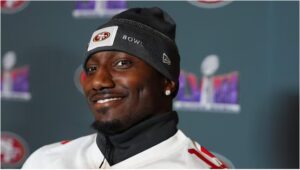









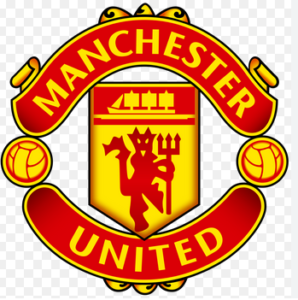
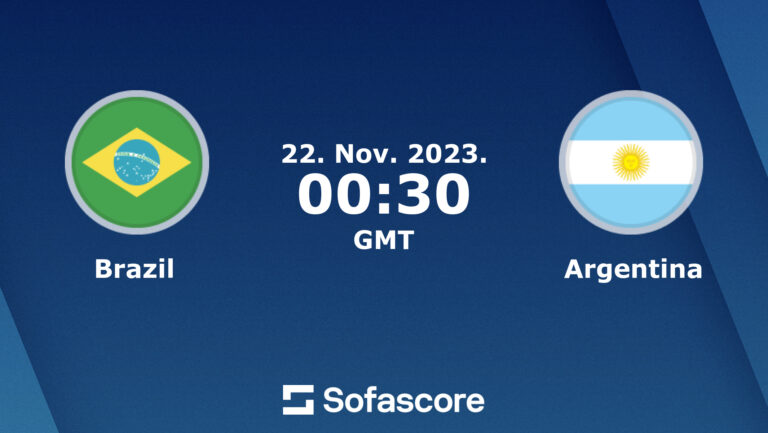


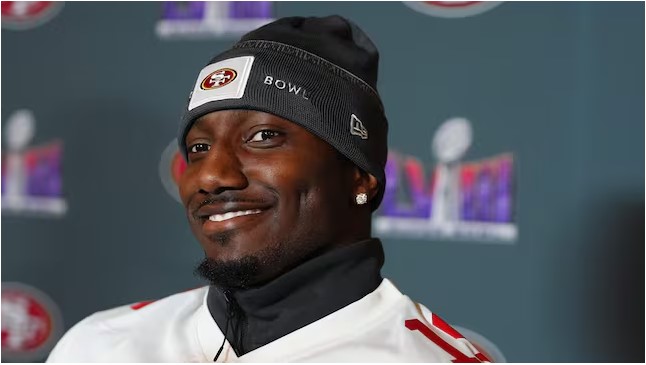









+ There are no comments
Add yours